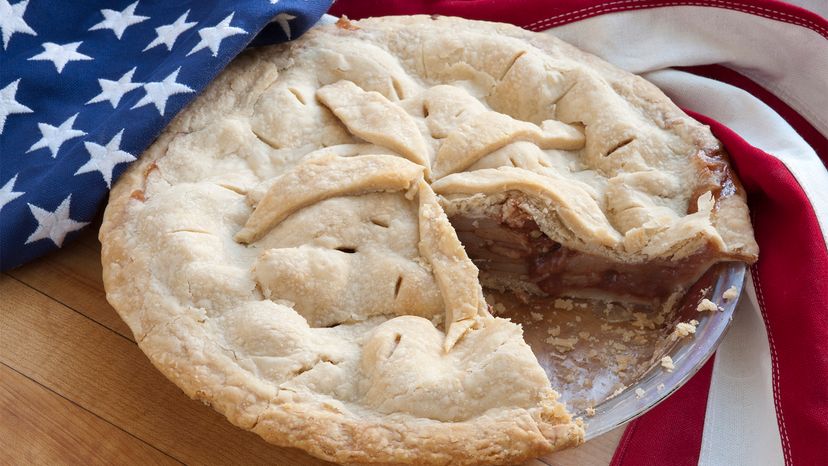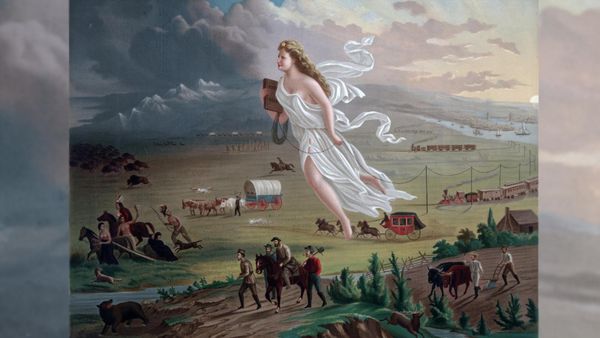But it wasn't until World War II that apple pies really became stamped into the American consciousness as a patriotic pastry. American soldiers during the war commonly told reporters that they defended their nation "for mom and apple pie." And boom: The apple pie became American. Priceonomics searched The New York Times' archives and came up with more than 1,500 hits for the phrase 'American as apple pie.' Moreover, the American Pie Council states that approximately $700 million dollars' (or 186 million units) worth of apple pie is sold each year in the U.S.
Nonetheless, this association between the sugary delight and America hasn't been entirely positive. A quick search of Google Scholar using the same phrase will turn up scholarly articles on topics including gun violence, child abuse, poverty and domestic terrorism.
Given apple pie's strong associations with America, there's perhaps some small irony that it is not necessarily a homegrown American product, but something baked overseas and brought to these shores. But if immigrants comprise a key component of the United States' lifeblood, then there is perhaps no better symbol of America than the delicious dessert.

